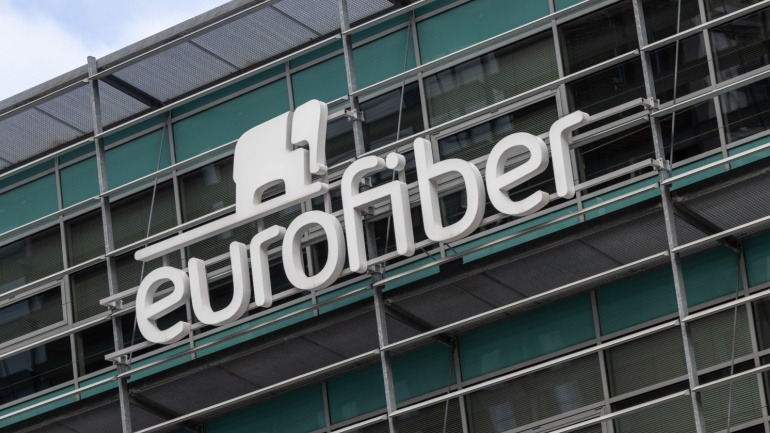The telecoms landscape was surprised earlier this month with Viavi Solutions, a US technology firm making an assertive £1 billion bid for the UK-based telecom testing group, Spirent Communications. Viavi CEO, Oleg Khaykin, had confidently stated that the merger would give way to potent product solutions, invigorate the progress in new markets, and bolster innovation through engineering and design.
However, in a surprising turn of events, Spirent revoked its non-binding agreement with Viavi following a competitive offer from Keysight. Expressing enthusiasm for the new partnership with Keysight, Spirent CEO, Eric Updyke stated, “I am excited about the broader reach and expanded long-term prospects for Spirent arising from the combination with Keysight”.
When it comes to automated testing for networks, Spirent is a leading name in the game. The company’s extensive portfolio boasts impressive services in the 5G, cloud, and autonomous vehicles sectors. After the exit of Viavi from the bidding race, the Spirent directors posited their agreement with this new arrangement. The union with Switch Group will empower the organization to answer customer needs more effectively due to access to wider resources and diverse product offering, as they signalled in a statement on the London Stock Exchange.
The significance of the acquisition isn’t lost on the Spirent directors as they believe it will embark an exciting opportunity to efficiently cater to the intricacies in the customer’s modern world. They’re envisioning a brighter future with the expanded capabilities, operational robustness, financial power, and the investment in research and development of the combined group.
Satish Dhanasekaran, President & Chief Executive Officer of Keysight, further highlighted the benefits, in a press release, that the acquisition will offer. “Our superior offer recognizes the value of Spirent’s achievements to-date, and the exciting prospects of the combination of our complementary product portfolios to provide end-to-end solutions for customers across their lifecycle needs,” said Dhanasekaran.







